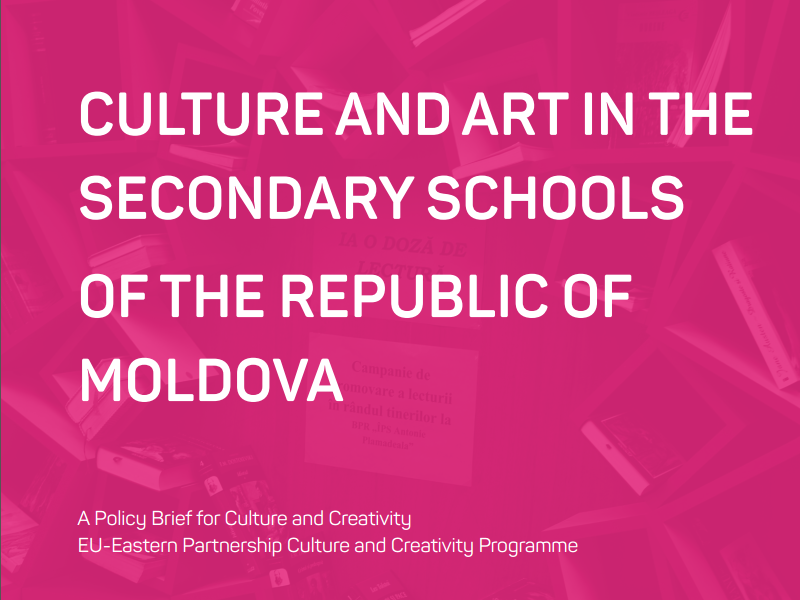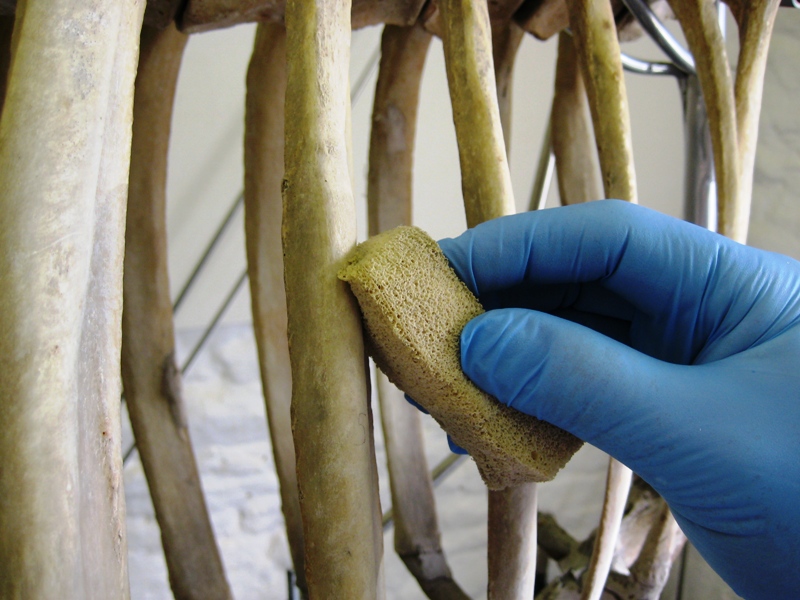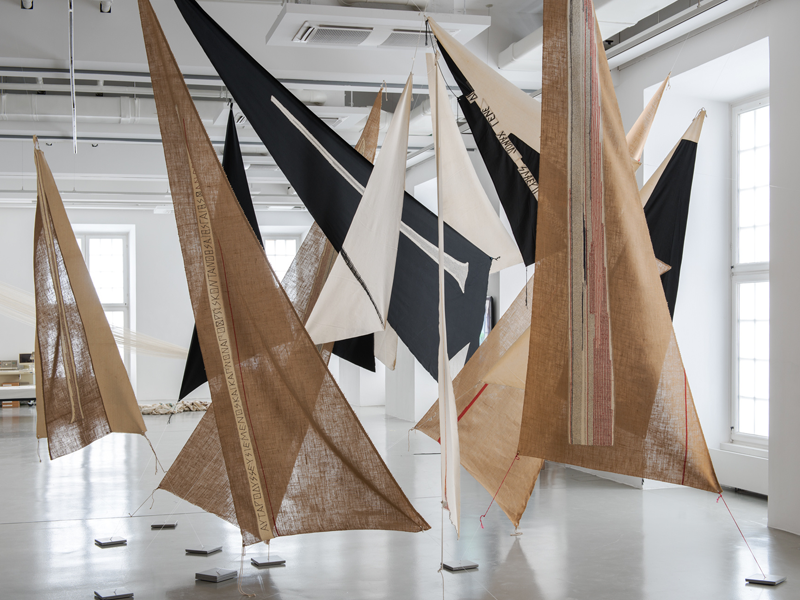
CULTURE AND ART IN THE SECONDARY SCHOOLS OF THE REPUBLIC OF MOLDOVA
According to the report of the Ministry of Education of the Republic of Moldova and the National Agency for Curriculum and Evaluation, the 2015 PISA results revealed that the Republic of Moldova ranks the 50th out of 72 participating countries. According to the report of the international Organisation for Economic Co-operation and Development (OECD), this indicator is below average, when compared with other countries.
Cooperation with the Ministry of Culture, which would contribute to the creation of a single platform of partnerships between country’s cultural and educational professionals, is recommended for the Ministry of Education for the purpose of initiating and creating innovative methodological tools in education.
The educational system should reconsider its approach to the educational process. Cultural industry and art professionals (IT-specialists, photographers, artists, actors, museum workers, librarians, dancers) – can play an important role in the positive change of the process of teaching, educating and mentoring in secondary schools. According to the Education Code of the Republic of Moldova, the secondary school is the 2nd level of education (Article 12, Chapter I, Title II). Secondary school – an educational stage when such exact sciences as physics, chemistry, algebra, geometry are introduced. The enhanced studying of social sciences – literature, history, civil education, art and music education, takes place here as well. It is particularly during this period – from 5th through 9th forms – pupils face the challenges of the school curriculum.
There are three possible scenarios:
Scenario A – in which no measures are taken to improve the situation;
Scenario B – successful interaction and efficient use of both modern and traditional creative industries in the curricula;
Scenario C – creation of a joint platform for communication between culture and art professionals and education community professionals.
Recommendations, or what can be done? – Create a coalition consisting of several non-governmental cultural and educational organisations to organise activities, events aimed to change the situation, with the imperative implication of the Ministry of Culture and the Ministry of Education. The non-governmental sector, acting as an administrative body in this process, will be an independent referee between the ministries.




